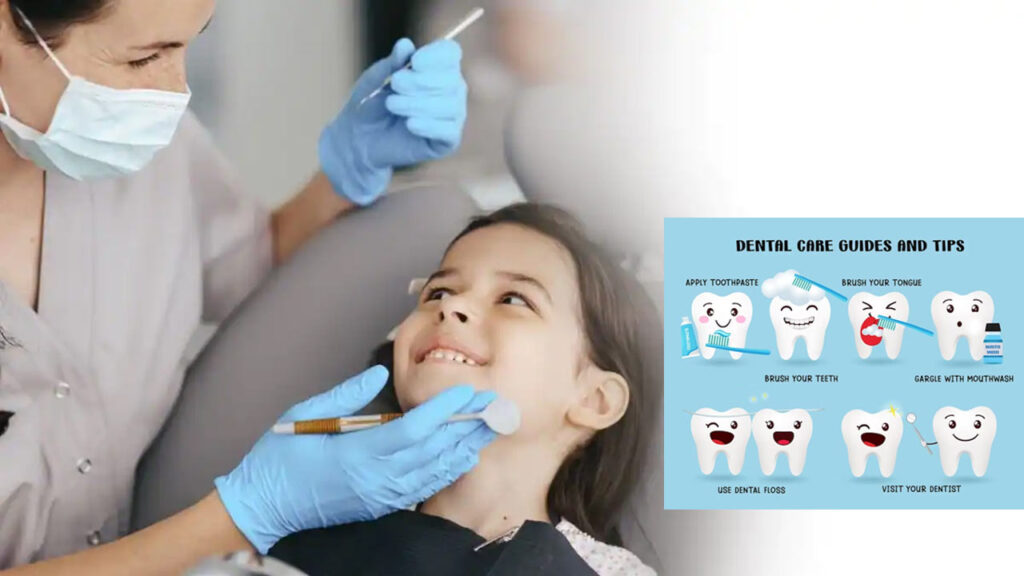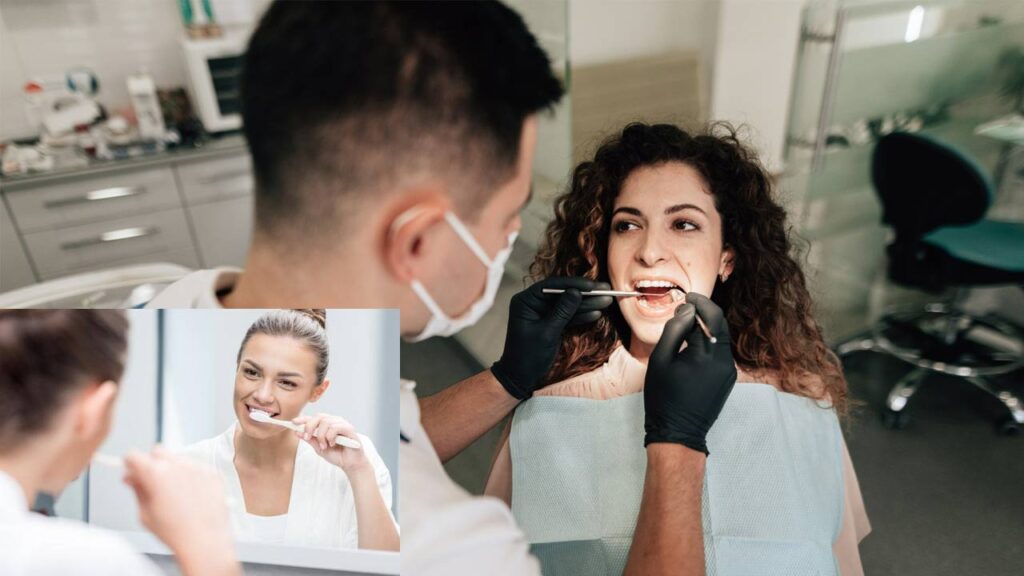Dental surgery is a common procedure that is performed to address a wide range of oral health problems, including tooth decay, gum disease, and impacted wisdom teeth, among others.
Proper post-operative care is crucial for a successful recovery from dental surgery and to minimize the risk of complications, such as infection and delayed healing.
What to Expect After Dental Surgery
A. Common Post-Operative Symptoms
After dental surgery, it is normal to experience symptoms such as pain, swelling, bleeding, and numbness in the mouth. These symptoms usually subside within a few days to a week after the surgery.
B. Healing Time
The healing time after dental surgery varies depending on the type and extent of the procedure. Most people can expect their mouth to fully heal within 7 to 10 days after surgery.
Tips for Caring for Your Teeth After Dental Surgery

A. Do’s and Don’ts
To ensure a smooth recovery after dental surgery, it is important to follow the aftercare instructions provided by your dentist, which may include avoiding hard foods, brushing and flossing gently, and avoiding smoking and alcohol.
B. Medications to Take and Avoid
Your dentist may prescribe pain medication and antibiotics to help manage pain and prevent infection after surgery. It is important to follow the instructions for taking these medications and avoid taking any other medication that may interact with them.
C. Managing Pain and Swelling
To manage pain and swelling after dental surgery, you can apply an ice pack to the outside of the cheek for 20 minutes at a time, take over-the-counter pain relievers such as ibuprofen or acetaminophen, and rest with your head elevated.
D. Following Aftercare Instructions
It is important to follow the aftercare instructions provided by your dentist, including regular check-ups and appointments to ensure proper healing and to address any concerns that may arise.
When to Seek Professional Help
A. Warning Signs of Infection
If you experience symptoms such as severe pain, swelling, discharge, or after dental surgery, it may be a sign of infection, and you should seek professional help as soon as possible.
B. Persistent or Worsening Symptoms
If your symptoms persist or worsen after dental surgery, it is important to seek professional help to ensure proper healing and to address any concerns that may arise.
healthcareDental health is an important aspect of overall health and well-being. Take control of your dental health with our top-quality dental health care products. Say goodbye to painful and inconvenient dental issues and hello to a brighter, healthier smile.
These products are designed with the latest technology and are made from premium materials, ensuring that you get the best results. Whether you’re looking for a solution for sensitive teeth, gum health, or just want to keep your smile sparkling, our dental health care products have got you covered.
Tired of hiding your smile due to yellowing, stained, or sensitive teeth?
ProDentim is here to help. This advanced formula whitens and strengthens your teeth, while also reducing sensitivity and promoting oral health. Say goodbye to expensive and painful dental treatments, and start enjoying a bright, confident smile with ProDentim.
Click Here to Try ProDentim now and see the results for yourself!
Struggling with tooth sensitivity, gum problems or bad breath?
Dentitox Pro is the solution you need. This natural, effective formula helps to clean and strengthen your teeth and gums, giving you a brighter, healthier smile. Dentitox Pro is made with the finest ingredients and is free from harmful chemicals, making it safe and gentle for everyday use. Say goodbye to pain and embarrassment, and start enjoying a confident, beautiful smile with Dentitox Pro.
Click Here to Order now and get 20% off your first purchase!
Click Here for Professional Teeth Whitening
Frequently Asked Questions (FAQs)
A. Can I Eat Normally After Dental Surgery?
It is important to avoid hard, crunchy, or chewy foods for the first few days after dental surgery to allow the mouth to properly heal. Soft foods such as soup, yoghurt and mashed potatoes are recommended.
B. How Long Will I Experience Pain and Swelling After Surgery?
Pain and swelling after dental surgery usually subside within a few days to a week after the surgery.
C. When Can I Resume My Normal Oral Hygiene Routine?
You can resume your normal oral hygiene routine, including brushing and flossing, as soon as your dentist gives you the green light to do so.
D. How Can I Manage Pain Without Medication?
To manage pain without medication, you can apply an ice pack to the outside of the cheek, rest with your head elevated, and use over-the-counter pain relievers such as ibuprofen or acetaminophen. You can also try using warm salt water rinses to reduce swelling and discomfort.
E. Is it Normal for My Mouth to Feel Numb After Surgery?
It is normal to experience numbness in the mouth after dental surgery, as the local anaesthetic used during the procedure can take time to wear off.
In conclusion, proper post-operative care is crucial for a successful recovery from dental surgery and to minimize the risk of complications. Following the aftercare instructions provided by your dentist, managing pain and swelling, and seeking professional help, if necessary, are important steps in ensuring proper healing.
It is important to take the necessary steps to care for your teeth after dental surgery to ensure a smooth and successful recovery. If you have any concerns or questions, don’t hesitate to reach out to your dentist for guidance. Remember to be patient and gentle with yourself during the healing process.

